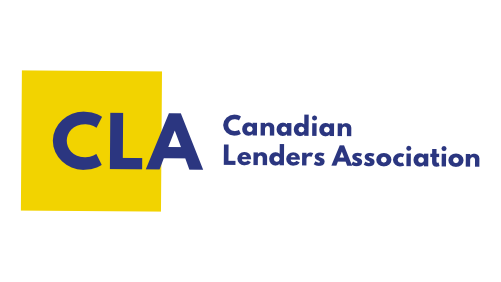As we celebrate International Women’s Day, it is important to spotlight the transformative role of fintech and technological innovation in the financial sector, particularly for women in Canada. The Canadian Lenders Association represents over 300 financial technology companies that are changing the way people access and consume services across multiple sectors from everyday banking, mortgages, small business, and automotive lending. This evolution extends past mere convenience, playing an instrumental role in fostering financial inclusion and narrowing the gender gap prevalent in financial services.
We know that globally, women encounter substantial obstacles in accessing formal financial services. This disparity not only undermines economic empowerment for women but also perpetuates existing inequalities. Nevertheless, fintech stands as a beacon, offering accessible and inclusive financial services.
The significance of fintech innovations cannot be overstated, especially for low-income women who represent a vast, yet largely untapped market. By providing digital financial services, fintech companies are broadening women’s choices, bolstering their financial resilience, and facilitating their economic empowerment.
In the Canadian context, more than 8 million individuals face challenges in accessing traditional financial services, largely due to credit score issues, with a disproportionate number of these individuals being women. Fintech and alternative lending solutions provide these non-prime consumers with a vital bridge to access credit, offering manageable repayment schedules, and the chance to improve credit scores.
Unfortunately, in Canada proposed modification to the maximum allowable interest rate in the Criminal Code to 35% APR would adversely affect approximately 4.7 million Canadians, as these individuals are ineligible for loans from traditional financial institutions and rely on alternative lenders to meet their credit needs.
The absence of credit access for the 8 million-plus non-prime Canadians, over 5 million of which are women, find it difficult to rebuild credit scores, as borrowing and repaying credit in a timely manner account for a significant portion (48%) of an individual’s credit score.
Additionally, technology is exiting the market. As lenders utilize a risk-based approach to determine interest rates, where riskier borrowers (with lower credit scores) are subject to higher interest rates, reflecting the likelihood of loan default. Reducing the allowable interest rate will force lenders that have worked to credit to this underserved demographic using innovative underwriting strategies based on years of data analysis to close shop.
We need to fund and nurture innovation. The intersection of fintech and financial inclusion paves the path toward a more gender-equitable future in financial services. By harnessing technology, nurturing innovation, and promoting inclusivity, fintech companies are well-positioned to devise solutions that are specifically tailored to women, particularly those in underserved communities.
As we drop posts into Linkedin to celebrate International Women’s Day, it is important to focus on the enabler solutions that can financially empower women and help contribute to a more inclusive and equitable financial ecosystem in Canada. Achieving financial inclusion and gender equality is a journey that requires a unified effort, creative solutions, and a steadfast commitment to dismantling barriers. This ensures that every woman has the opportunity to achieve economic prosperity.
The advancement of fintech is not about innovation in a vacuum; it is about creating a more inclusive financial world where women, irrespective of their economic background, have access to the tools and resources they need to succeed. This International Women’s Day, let’s celebrate the strides made towards this goal and recommit to the ongoing work of building a financial system that serves everyone, regardless of gender. The role of fintech in this endeavour cannot be understated, as it offers new avenues for financial empowerment and a brighter, more equitable future for women everywhere.


